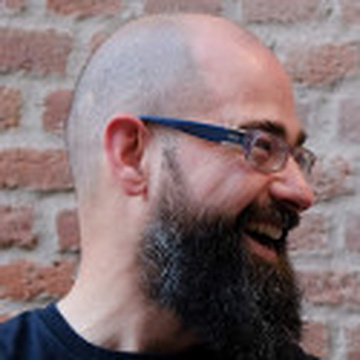In Italy there are a lot of bottom-up initiatives related to Open Data and re-use practices: one of these is Open Genova. Enrico Alletto is one of the co-founders of the project.
I think we, as Italians, need to invest in participation as a vector and a backbone of the overall Open Government vision. We have forgotten the meaning of participation. It is really useful to start initiatives like this one from local communities.
Q: What is the Open Genova project? How did it start?
A: Open Genova really began in 2012 after a group of citizens with technical skills got together. The goal of the initiative was to create an informal citizens’ community where sharing ideas and suggesting modernisation at a local level were encouraged and enhanced, forming a community that is a valuable mouthpiece for local administration.
This informal community included both online and offline elements: enabling online participation it is essential to reduce the digital divide between participants. So we created an association that deals with Open Data, free wifi, IT bases and broadband connection.
Open Genova connects bottom-up projects. Citizens are free to join them voluntarily, indicating the hours that they can dedicate to work on these projects.
Q: What do you think Open Genova can do for PSI and re-using?
A: We can for example encourage Open Data releases through projects that use public datasets and common resources such as OpenStreetMap.
Open Genova proposes a mapping project for unused public properties, which can be used by citizens or associations.
We are currently running another project about collective memory. We are analysing a city district, working closely with local authorities, a school and other associations.
Read more on the full article published on epsiplatform.eu.
